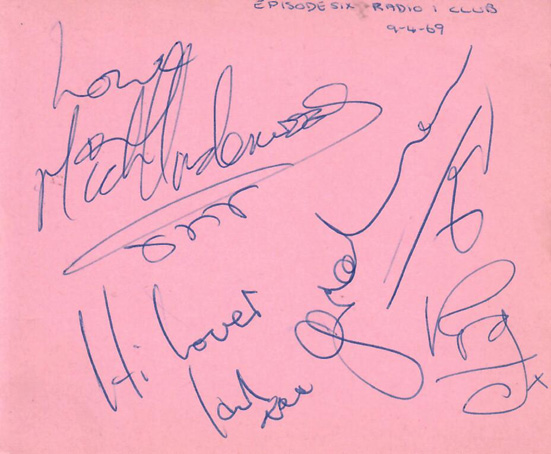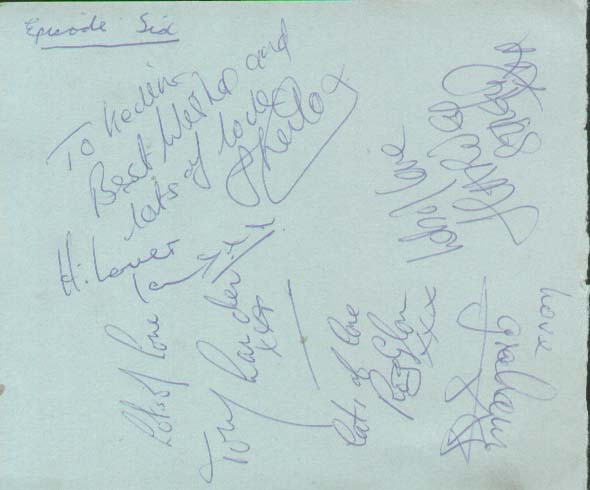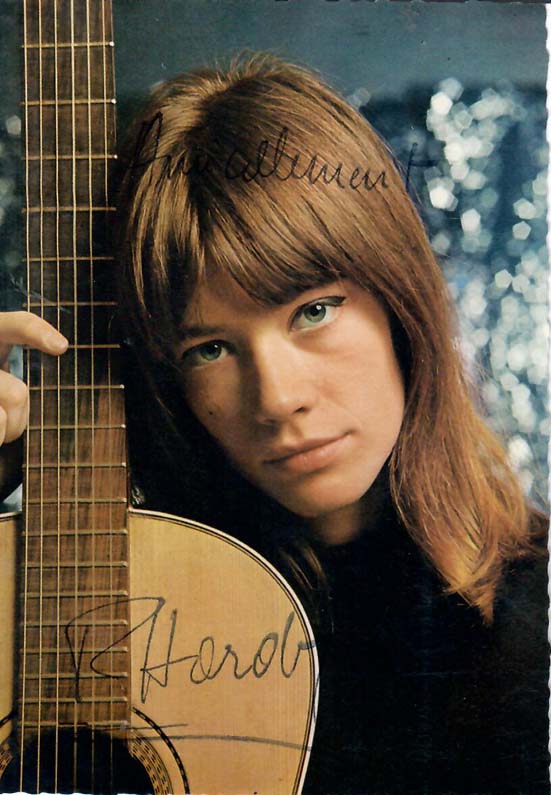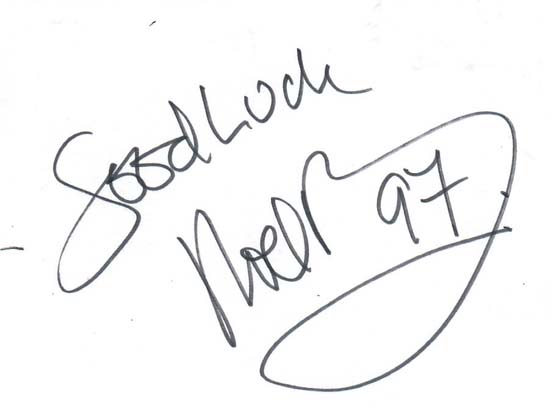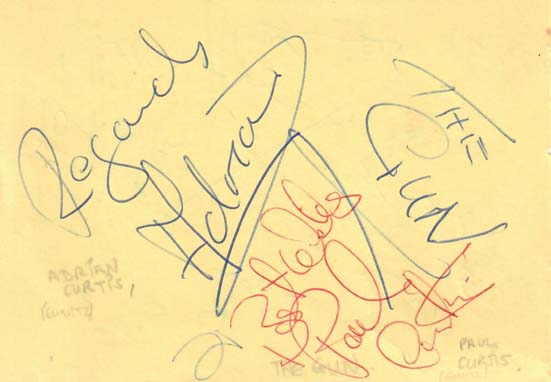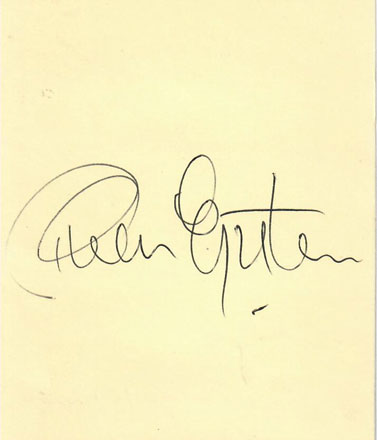Episode Six
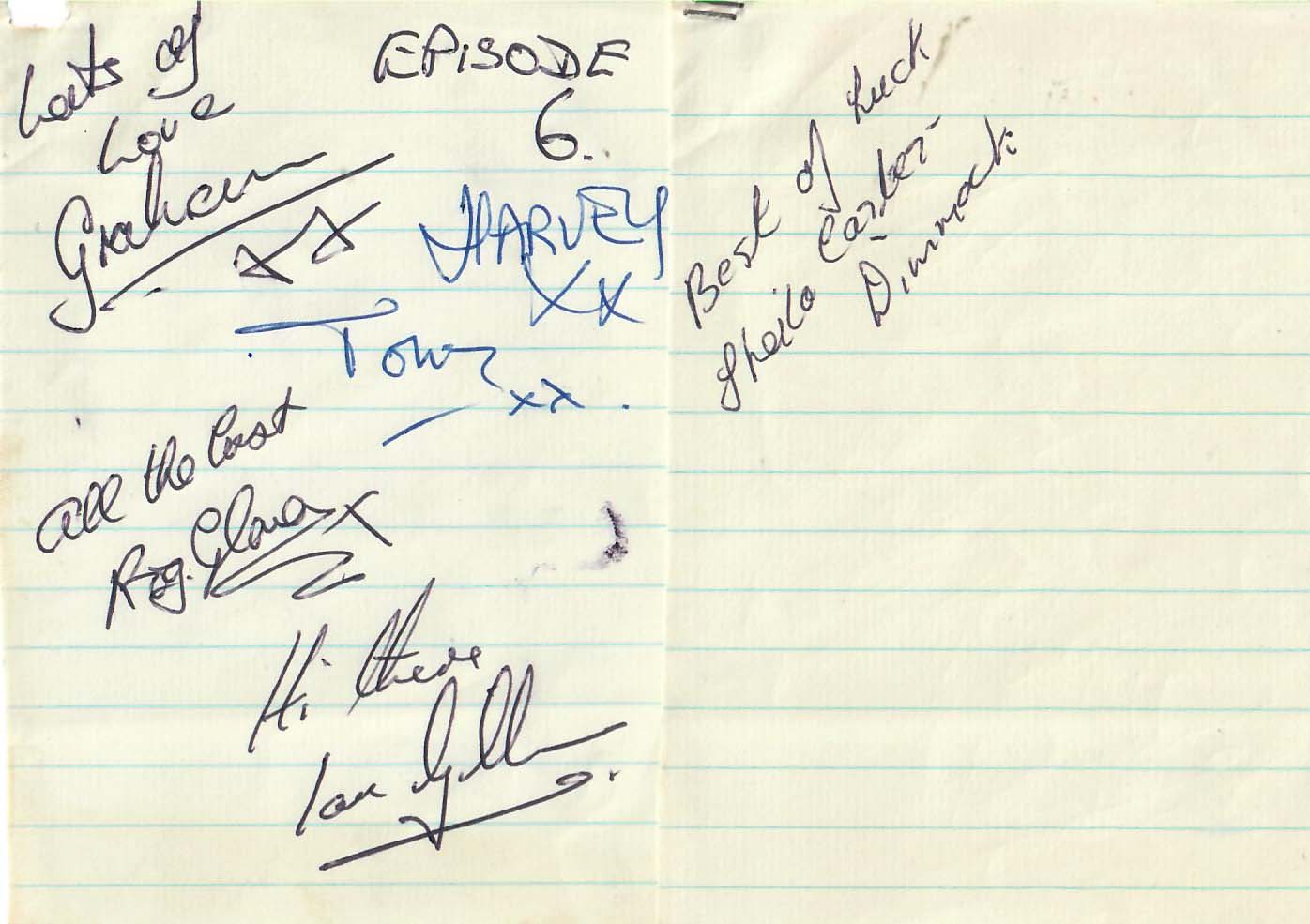
Episode Six
EPISODE SIX. British pop-rock group active between 1964-69 nowadays most famous for launching the careers of Ian Gillan and Roger Glover who both left in 1969 to join Deep Purple. The band had minor success in Beirut, but no commercial success in the UK (releasing nine singles that all failed to chart). In 1965, they signed a management deal with Gloria Bristow, a former employee of Helmut Gordon and the original manager of The Who. In April they were offered a short residency at the Arcadia Club in Frankfurt Germany, playing from 7pm-3am every night for a month (with only 15 minutes' break every hour). On their return they signed a deal with the Dick Katz & Harold Davidson Ltd agency, but had difficulty finding regular work. By the end of the year, they managed to land a deal with Pye Records and were doing an average of twenty shows a month from July 1965 onwards. They were booked by Radio London to appear at one of their big open-air summer shows in May 1966 (alongside David Bowie) issuing several singles during the year, all of which failed to chart. In September 1966, the group played on the Dusty Springfield package tour and did a weekly residency at the Marquee Club during October. Due to financial difficulties and a lack of chart success, they were forced to do a long Christmas season in Beirut (where they had topped the local chart with a cover of Tim Rose's Morning Due) through December and January. The group then got a new record deal with MGM and shortened their name to The Episode, releasing Little One in May 1968 (their only single under the new name). They left MGM and signed with Chapter One records, releasing 'Lucky Sunday' in September 1968 (which became their eighth single that failed to chart in the UK). As a result they decided they needed to update their musical style from the pop-rock they had been playing into a heavier sound. They made a start on a new album, but it was never finished. In June 1969, Ritchie Blackmore and Jon Lord came to see Episode Six play live in London and offered Ian Gillan a job with them in Deep Purple. Roger Glover then helped Deep Purple out on a studio session and also joined. The two did help Episode Six to fulfil their existing bookings in the short term, but finally quit (following their first gig with Deep Purple) at the Speakeasy on 10th July 1969.
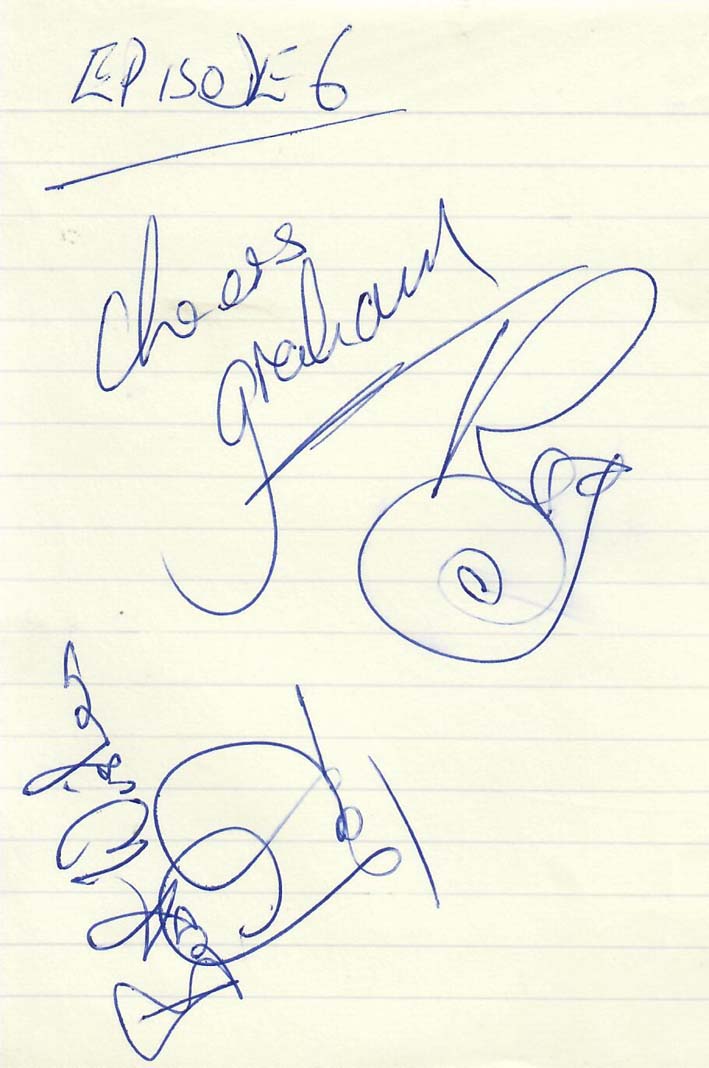
Episode Six
Reference Number. 14024N
An original vintage circa 1968 notebook page, clearly signed in ballpoints by ; Graham Carter-Dimmock (vocals / guitar) / Roger Glover (bass) and we think John Kerrison (drums) PLUS a cut page (dedicated to Sue Hi lover xxx) by Ian Gillan
View more information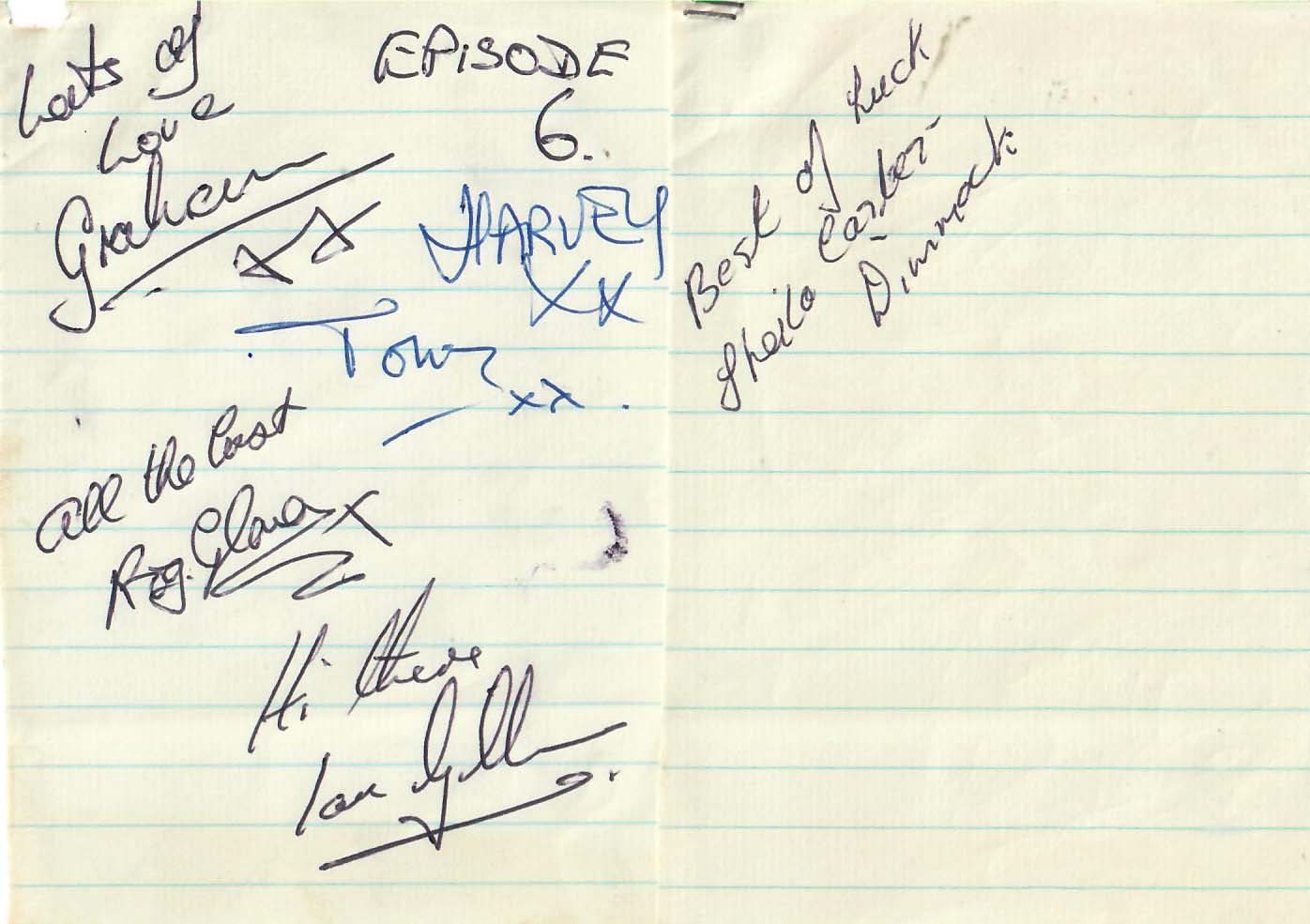
Episode Six
Reference Number. 12944B
A pair of rare original vintage circa 1966 exercise book pages, clearly signed in ballpoints by all six group members ; Graham Carter-Dimmock (vocals / guitar) / Sheila Carter-Dimmock (keyboards) Roger Glover (bass) / Ian Gillan (vocals) / Tony Lander (guitar) and Harvey Shield (drums)
View more information